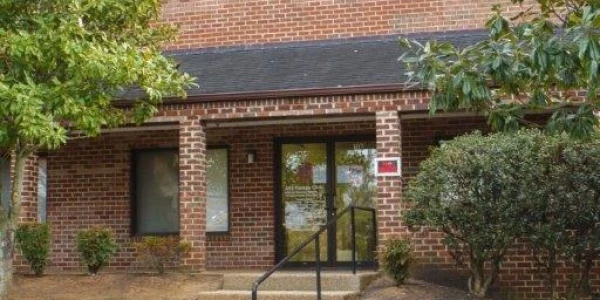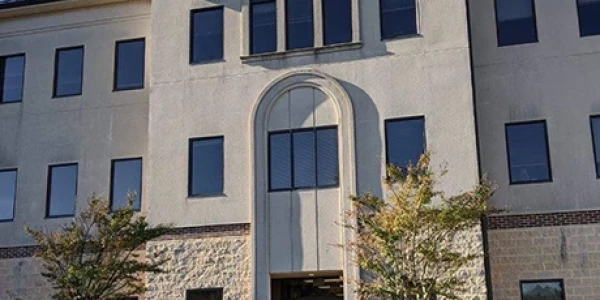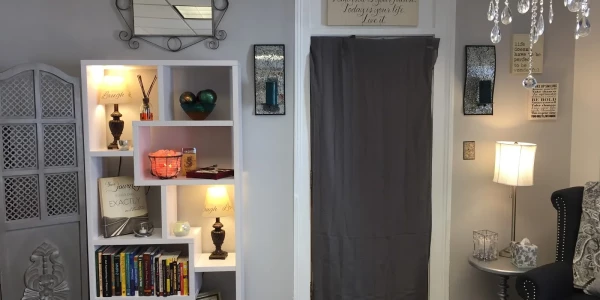5 Top Rated Alcohol and Drug Rehabs in Charlottesville, VA 2026
The treatment centers presented on this page have been evaluated and ranked based on publicly accessible Google Reviews data to reflect facilities with the highest community ratings in Charlottesville.





Local Rehabs in Virginia
Trusted Expert-Verified Treatment Reviews
Our board-certified addiction specialists evaluate every center using 5 clinical criteria most sites ignore.
✓ Clinically reviewed by addiction medicine specialists
Board-certified doctors validate every rating and recommendation.
✓ No Hidden costs and insurance surprises
We expose true out-of-pocket expenses before you commit.
✓ Real patient outcome tracking
Success rates and recovery metrics, not just marketing claims.
✓ 100% editorially independent with no provider
Affiliations Your needs, not outside interests, drive every recommendation.


